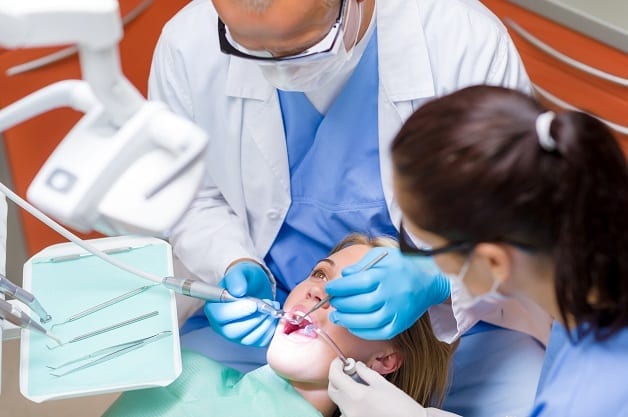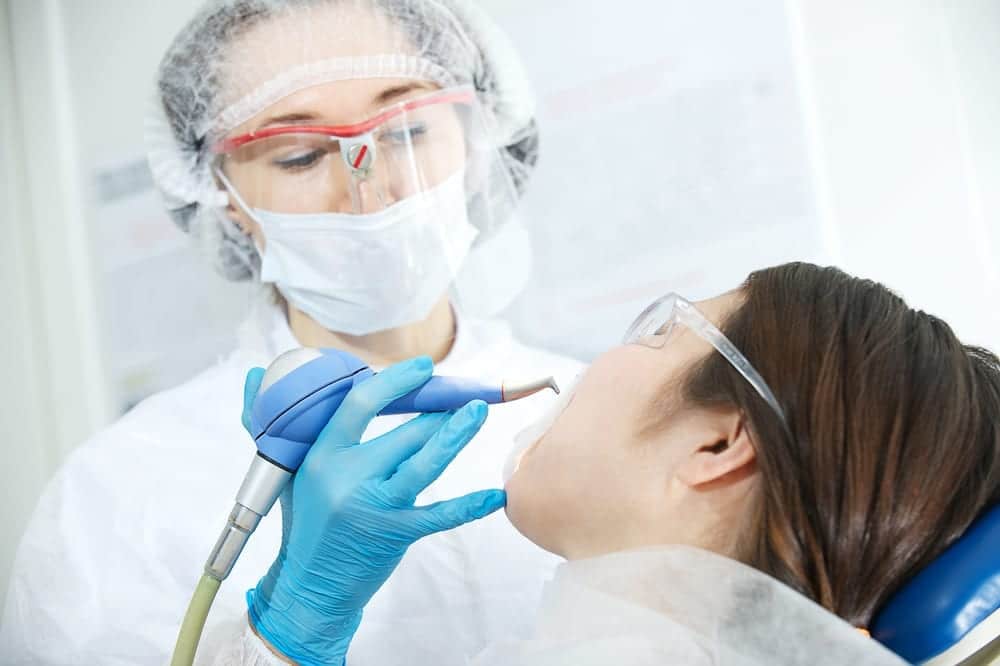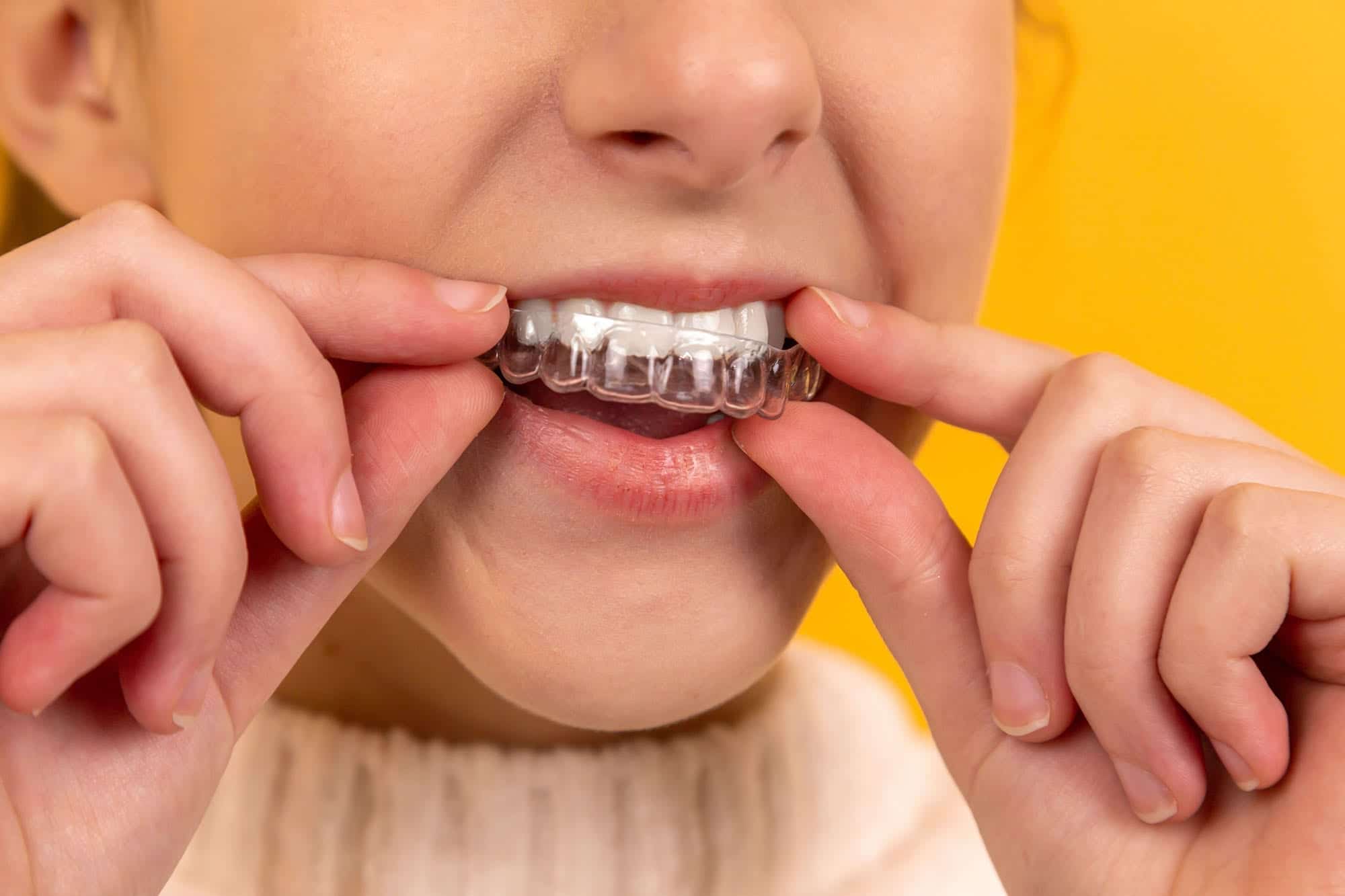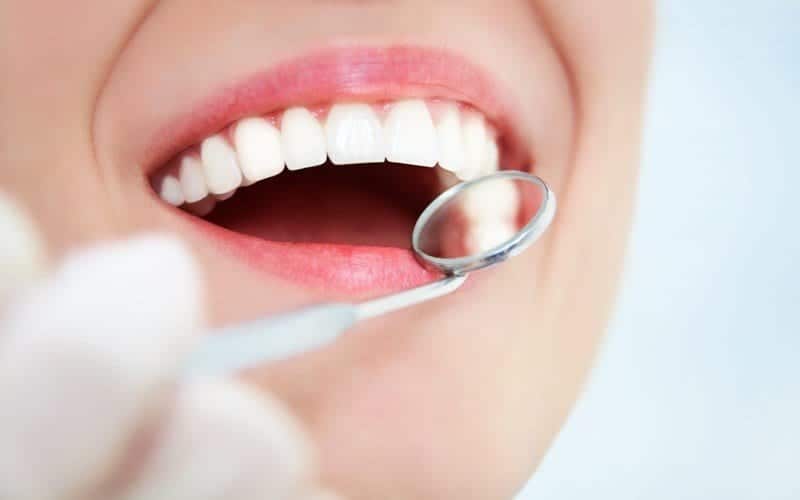Why does tooth pain occur after you’ve gotten filling for your dental caries or cavities? Actually, this is a surprisingly common thing. Usually, the dentist only fills in damage from your teeth if there’s no pain there or after the swelling from it has subsided (to avoid complications like an abscessed tooth).
Also, even if there’s no initial pain when applying the filling, any dental operation on the tooth could lead to pain or tooth root inflammation down the line. As such, even though fillings are supposed to reduce pain by replacing a decayed area of your tooth, the cavity’s exposure to impact could negatively affect your teeth’s interior.
The Feeling After Getting a Filling
There are some people who feel a bit of sensitivity from the tooth that just received a filling. This means you might end up with pain from doing normal dental habits from eating to talking to even brushing, gargling, and flossing. If the tooth that was operated on is sensitive to pressure, air, sweet foods, coldness, or heat, then you should avoid these triggers from triggering your tooth sensitivity.
You should not inhale suddenly because the sharp intake of air could flow to your teeth and make it throb. You should also prevent yourself from drinking hot beverages and food like coffee or chicken soup. Also, you shouldn’t fret because tooth sensitivity after the operation should be able to resolve itself in a few weeks. Otherwise, contact your dentist for more details.
Tooth Pain After Tooth Filling Isn’t Unusual
The pain you feel after getting a tooth filling isn’t something that’s out of the ordinary at all. There are many reasons for this, and they include the following:
- Sensitivity: As discussed earlier, a tooth that just had its cavities filled up will be more sensitive to temperature extremes, sudden intakes of air, and the pressure of biting compared to unaffected healthy teeth. Your tooth would already have to be dead, beyond abscessed, or a shell of its former self in order to not be sensitive.
- Allergies: The material used for your filling can cause you allergies, particularly if you use silver or composite fillings. In order to avoid tooth pain after cavity filling, it’s best to inform your dental specialist about any allergies you might have when discussing your filing choices. He’ll have to find the most hypoallergenic filling for your dental needs.
- Structural Problems: As for structural problems, your teeth might be in pain even after cosmetically fixing its holes because of issues in regards to the integrity and solidness of its structure. The filling could also cause pain when it doesn’t fit properly with the tooth, resulting in more cracks.
Fixing the Pain After the Filling
Fillings are like cement and the tooth itself should be a strong enough formation to hold the fillings. The fillings cannot act as its foundation. If you believe that your tooth pain is caused by an ill-fitting or cracked filling, consult your dentist right away. If it’s allergies that’s causing you toothy pain, then get your dentist to use a less bothersome filling materials,
In fact, even if you’re not feeling any pain, yet the filling ends up crumbling (it feels a lot like pieces of seashell, sand, or a nail against your tongue once it’s dislodged), you should have the filling fixed by the same dentist. Depending on the dental professional, you can have the filling repair done for free as a courtesy.
Thantakit International Dental Center is Thailand’s longest established dental center. Situated in Bangkok, our clinic is renowned across the world as a destination for world-class dentistry, with most of our patients flying to us from Australia.
Please contact us today and get a FREE dental consultation.













